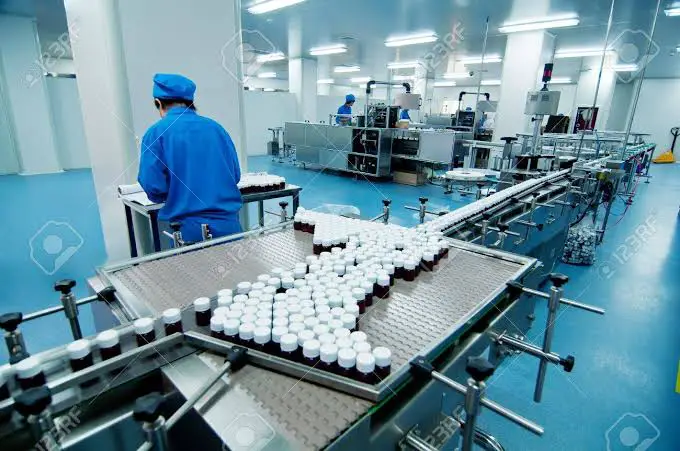Dr. Michael K. Obeng, a Beverly Hills plastic surgeon and a global health strategist, and Sushen Medicamentos Private Limited, a leading supplier of top pharmaceutical services with vast experience in pharma projects, management, and high pharmaceutical generic products provision, recently agreed to construct a modern pharmaceutical plant in Akwamu, Eastern Region of Ghana.
Read also:Bolgatanga East District Hospital Construction Work Gets Underway
According to Dr. Obeng, the pharmaceutical plant in Akwamu would provide economical, effective, and high-quality medicines that match international standards. These products will play a critical role in curbing and minimizing the obstacles and risks connected with medication imported from China, India, and Pakistan.
As per the United Nations Economic Commission for Africa (UNECA), Africa imports more than USD 16 billion worth of drugs and medical supplies each year.
He also stated that the fundamental goal of the partnership was to boost pharmaceutical manufacturing in Ghana and throughout Africa, bettering public health outcomes, as well as having a beneficial economic impact across Africa.
The pharmaceutical market in Ghana is made up of 30% domestically produced medicines and 70% foreign products. The Ghanaian government emphasized the necessity to develop more locally manufactured medicines to reverse the overwhelmingly dominated foreign products in the Ghanaian market.
The pharmaceutical market on the African continent is expected to grow at a 5.9% annual rate, amounting To USD 25 billion by the end of 2022. By 2030, the market is anticipated to reach between $56 and 70 billion dollars.
The project’s completion
The pharmaceutical plant in Akwamu, approved by the World Health Organization (WHO) for Good Manufacturing Practices (GMP), is aimed to be completed in 14 months. The project’s first phase, which is expected to cost between USD 5-8 million, will be completed and operational in nine months. It is said that the plant will produce drugs for the treatment of high blood pressure, heart disease, diabetes, malaria, and pain after the first phase is completed.

Leave a Reply